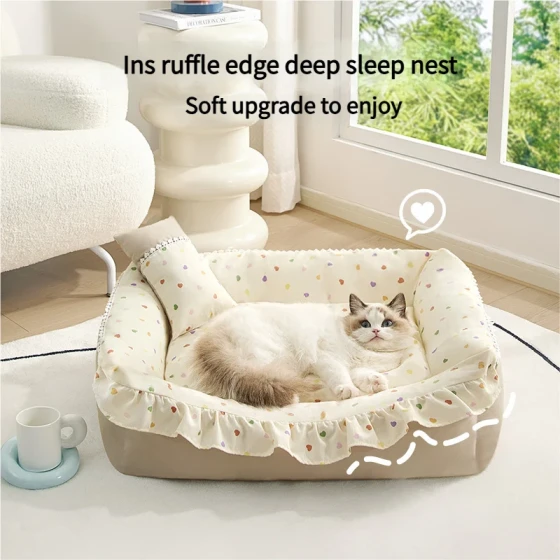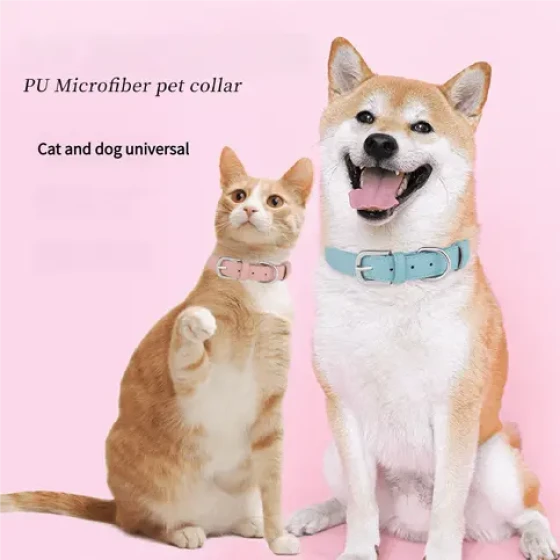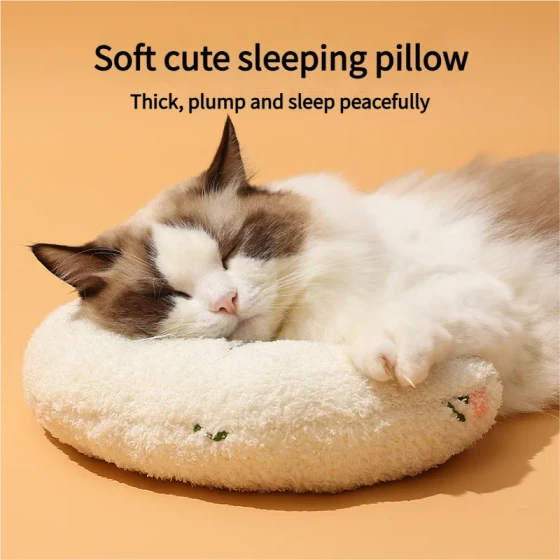2-month-old kitten eye discharge amount
Eye discharge in 2-month-old kittens is a frequently concerned issue, especially for new owners and those encountering cats as pets for the first time. Therefore, this article will detail the health condition of eye discharge in 2-month-old kittens, helping new owners to properly observe and care for them.
1. Normal Condition of Eye Discharge in 2-Month-Old Kittens

Eye discharge in 2-month-old kittens is normal if there is clear, moist secretion in the eyes that does not feel like a foreign object; this can be considered healthy. Conversely, if there is sticky discharge in the eyes, it may be a trace of conjunctivitis.
2. Situations Where 2-Month-Old Kittens Have Foreign Objects in Their Eyes
The condition of foreign objects in the eyes of 2-month-old kittens is more serious and generally includes the following situations:
(1) Eyes with tear discharge: When the eyes have tear discharge, it may be due to irritation, usually caused by external stimuli such as dust or sand.
(2) Eyes with yellow discharge: Yellow discharge in the eyes may indicate an eye virus infection, requiring timely veterinary treatment.
(3) Eyes with white discharge: White discharge may indicate inflammation of the eye mucosa, and the secretion may be a mixture of tears and mucus; prompt veterinary examination and treatment are necessary.
3. What to Do If 2-Month-Old Kittens Have Foreign Objects in Their Eyes?
If 2-month-old kittens have foreign objects in their eyes, they should be promptly examined by a veterinarian to determine the cause and take appropriate treatment measures to prevent the condition from worsening. Additionally, attention should be paid to their diet hygiene, avoiding stimuli as much as possible, enhancing their immunity, and maintaining their health.
Conclusion
Eye discharge in 2-month-old kittens is normal, but conditions involving foreign objects are more serious and require timely veterinary examination, diagnosis, and appropriate treatment to avoid worsening. Also, attention to their diet hygiene, avoidance of irritants, and boosting their immunity are important to maintain their health.





